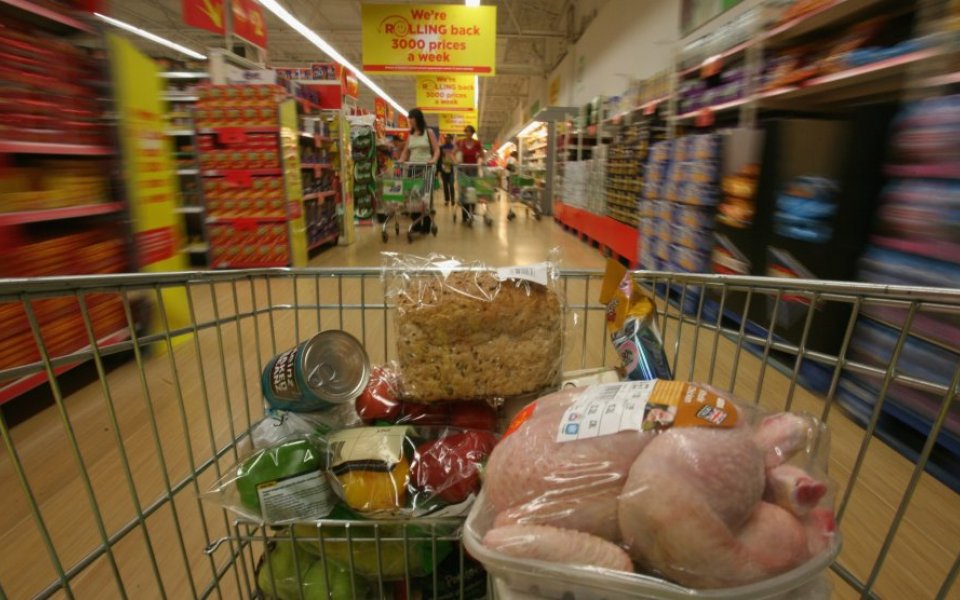Morrisons may not be the most obvious partner for Amazon, but there is method behind the marriage – and it could mean trouble for Asda, Tesco and Ocado

Only one pound out of every £10 that Britons spend on groceries drops into Morrisons’ tills. Not a bad ratio, you might think, but like its bigger rivals (over £6 in every £10 is spent in Tesco, Sainsbury’s or Asda), Morrisons has been struggling with a declining market share.
The Bradford-headquartered supermarket is not the most obvious partner for the world’s biggest online retailer. US tech behemoth Amazon tends to be associated with drones, rapid global expansion, and – let’s be honest – sophisticated tax arrangements. Morrisons, meanwhile, is more likely to evoke the unwelcome thought of Ant and Dec wearing butchers’ outfits.
However, there is method behind the marriage, especially if you believe that opposites attract. While Amazon’s strengths as a distributor are unrivalled, Morrisons brings to the table an albeit less glamorous niche of its own: it is the only major UK supermarket to have developed a unique production and supply chain, an asset that cannot simply be developed from scratch. The tie-up thus benefits from the easy-to-understand logic of “you stick to what you do best, and so shall we”. Little wonder that its shares closed up six per cent on the news.
The deal is also a reminder that the old-fashioned grocery trade still has a future. Retail is an incredibly turbulent sector these days, but it is not the case that modern companies are automatically thriving while more traditional firms flounder.
Shares in Ocado, which sees itself as a tech/logistics stock as much as a retail one, have plummeted from over 470p last summer to just 260p at yesterday’s close. Its long-standing promise of a big international contract has so far failed to materialise, while Morrisons has delivered one without the need to shout about it for months and months prior to the official announcement.
The winners of Britain’s supermarket wars will be the firms that prove nimble and cunning. Swift, bold decisions can prove disastrous in business (see Morrisons’ calamitous 2013 acquisition of a string of Blockbuster premises) but they are necessary to survive in an ultra-competitive sector. Lidl and Aldi are expanding into new areas, Sainsbury’s is swallowing up Argos, and now Morrisons has shown its hand. Shareholders must hope that Ocado, Tesco and Asda each have a strong plan of action.